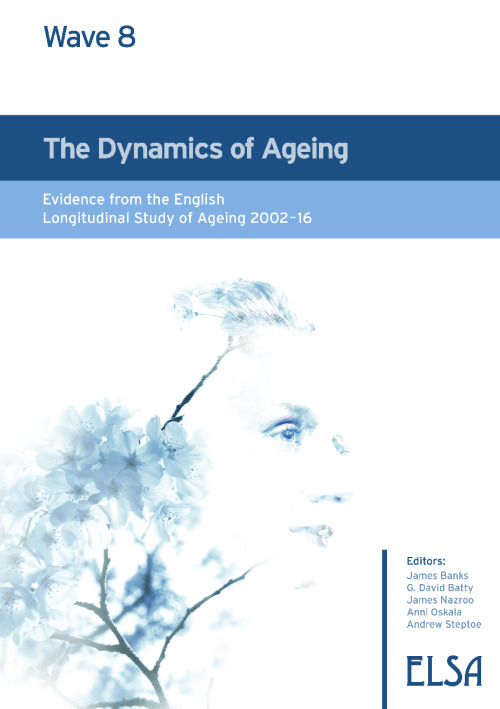The English Longitudinal Study of Ageing (ELSA) is a multidisciplinary cohort study that features an extensive range of data from a representative sample of men and women living in England who are aged 50 and over.
Since study started in 2002, the ELSA sample has been re-surveyed biennially. Understanding the complex dynamics of the ageing process is made possible in ELSA through the repeated measures of economic circumstances, behaviour, lifestyle, social connections and biology in the same individuals over time. These factors are important in their own right but also influence health, mortality, retirement and well-being. Findings from the study therefore have great use in informing policy and improving the lives of older adults.
The data from this study are freely available to investigators, providing a valuable resource for academic researchers involved in economics, public health, epidemiology and social science disciplines.
This report describes analyses of data that have been collected in all waves of ELSA, particularly the eighth and most recent that took place in 2016–17. In wave 8, data collection included a standard face-to-face interview and a self-completion questionnaire, both of which have been used in previous waves of the study, together with a nurse visit to collect biological measures on half the sample.
This report provides a detailed set of results from cross-sectional and longitudinal analyses of the ELSA data, which include information on demographics, disability, health, income, work, pensions and wealth, social and cultural activity and cognitive function.
The report focuses on a number of issues that are of contemporary importance to older adults:
- State pension age increases and the circumstances of older women;
- Area and its relation to social inequality and wellbeing in later life;
- The determinants and consequences of falling at older ages.
There are also numerous tables summarising economic, social and health results from wave 8, and longitudinal patterns of change since wave 1.









